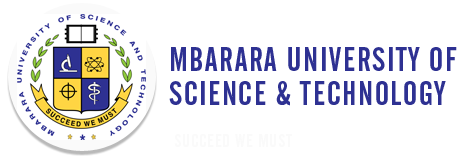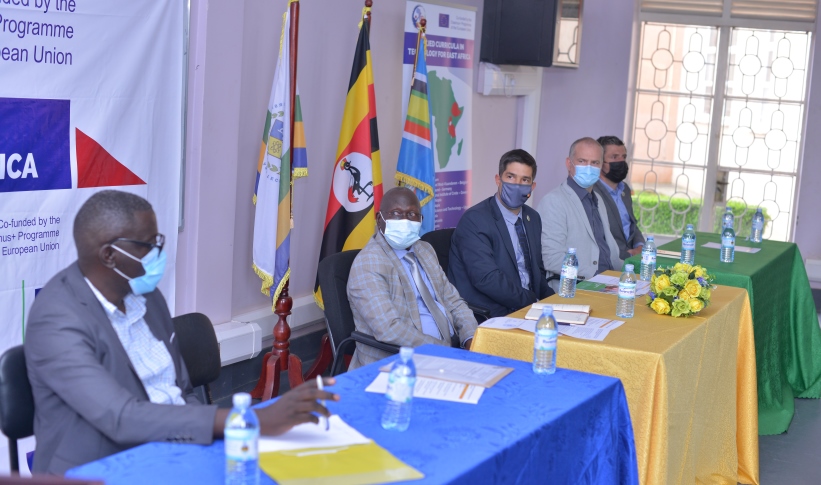In response to the desire for technical skills in higher education institutions and industry, MUST opened the technology laboratory on 21st January 2021. The laboratory was equipped by the Applied Curricula in Technology for East Africa (ACTEA) project co-funded by Erasmus+ programme of the European Union. The initiative focuses on improving cooperation with the local industry while increasing the employability of graduates. During the launch, MUST students demonstrated and exhibited their industrial automation skills already gained from the initial training. The function was presided over by Mr. Koen Van Acoleyen, the Deputy Head of Mission and Head of Cooperation, Embassy of Belgium in Uganda and South Sudan. This is a visible milestone of creating an enabling environment that will facilitate the graduates with adequate skills needed by the industry.
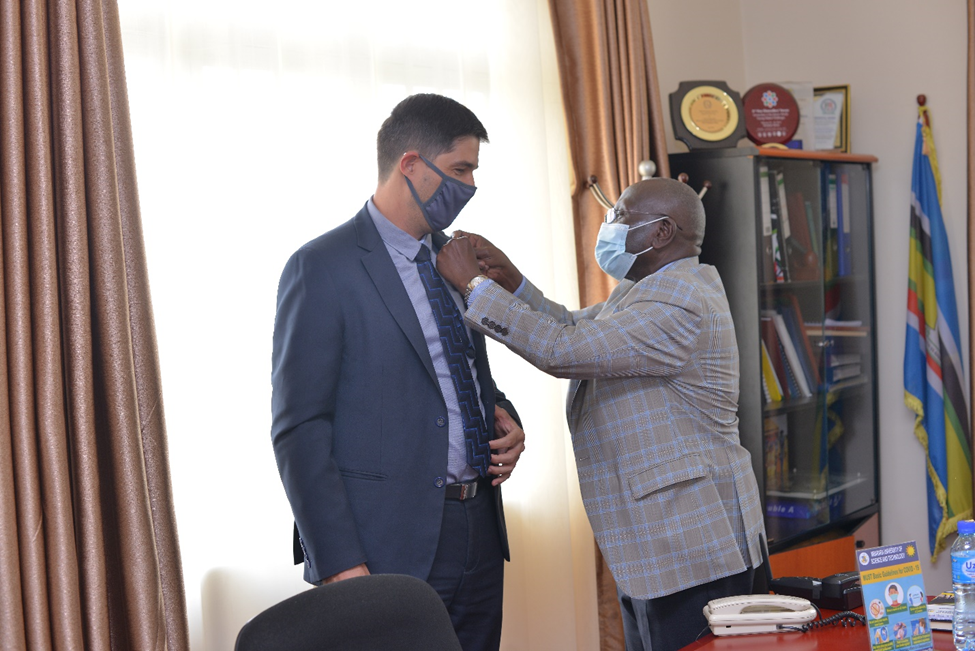
Mr. Koen van Acoleyen thanked MUST and the partners for upholding the banner to address Sustainable Development Goals (SDG). Uganda has 78% of the population as youth which is the 2nd largest in the world and 36.8% youth unemployment according to the Uganda National Health Survey 2019-2020, providing an opportunity for skilling students and lecturers is vital to fight unemployment. He further said women empowerment is key in science and technology field and their creativity and input make a big difference.
The participating countries under the ACTEA project are: Belgium, Germany, Greece, Ethiopia, Tanzania and Uganda. European participating institutions are AP University of Science and Arts, Howest University, Fachhochshule Dortmund, Technical Educational Institute and Hellenic Mediterranean University while East African Partners are MUST, Muni University, Research and Education Network of Uganda, Mekele University, Jimma University, Ardhi University, Mzumbe University and Tanzania Education Research Network.
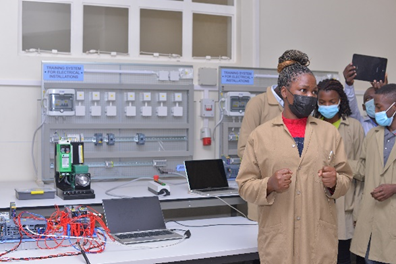
Giving his remarks, Dr. Evarist Nabaasa Dean Faculty of Computing and Informatics (FCI) and the University Project Coordinator noted that through support of ACTEA, MUST has established the technology laboratory with virtual and remote accessibility, established learning tools and provided academic staff with additional training on technology and developed technologic course materials according to European Union standards.
Emphasizing the strategic direction of MUST and the linkage with MUST’s unique identities of a multidisciplinary and community-oriented approach to teaching, Prof. Celestino Obua the Vice Chancellor MUST, appreciated the partners especially the Belgium kingdom that has enabled the success of the ACTEA project Prof. Obua pledged that MUST shall build on the foundation that ACTEA has set to further improve its operational capacity to produce locally trained engineers for the long-term gain of our community and region at large. “We can never take for granted our researchers, they always come up with practical projects that address the needs of current challenges” Prof. Obua said.
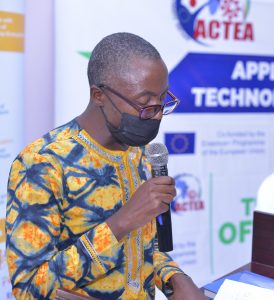
Representing Ministry of Education, Mr. Timothy Sejjoba, Assistant Commissioner, University Education and Training (public universities) said, “Uganda is so grateful to the kingdom of Belgium, especially in support of the education sector. Notwithstanding imparting of practical skills, bridges the gap between university and industry relations, we cannot thank you enough for supporting us having employable graduates, have a relevant and usable curriculum thus able to address any upcoming challenges”. Other speakers included Eng. Dirk Van Merode (ACTEA Project Coordinator) and Mr. Abdi Businge Weere (Project Coordinator for East Africa) who emphasized hands-on skills needed for the labour market. Sheila Niinye Twinamatsiko the International Relations Officer and program director of the day thanked the Belgium government for the support that has been offered to MUST through longstanding partnerships and collaborations with Belgian universities. She noted that recently, a 12-year Institutional Cooperation Project has been awarded to MUST and is funded by VLIR-UOS.
Succeed we MUST!
